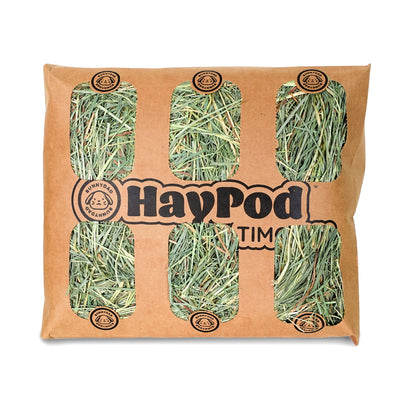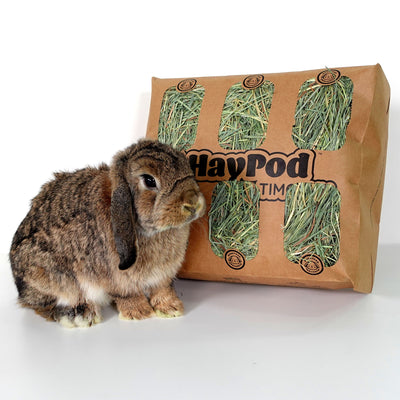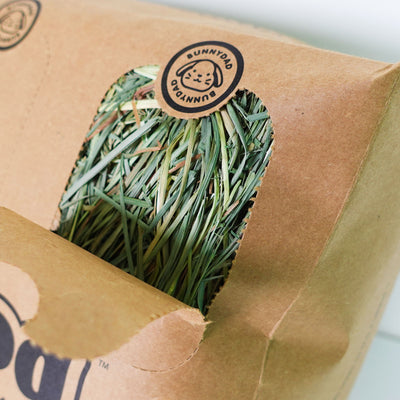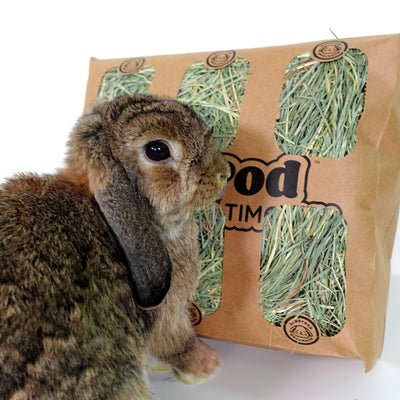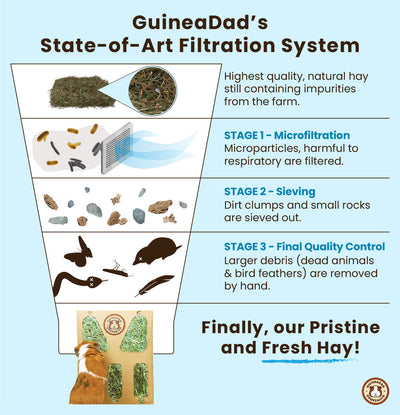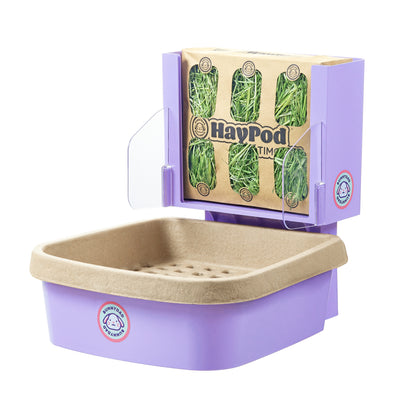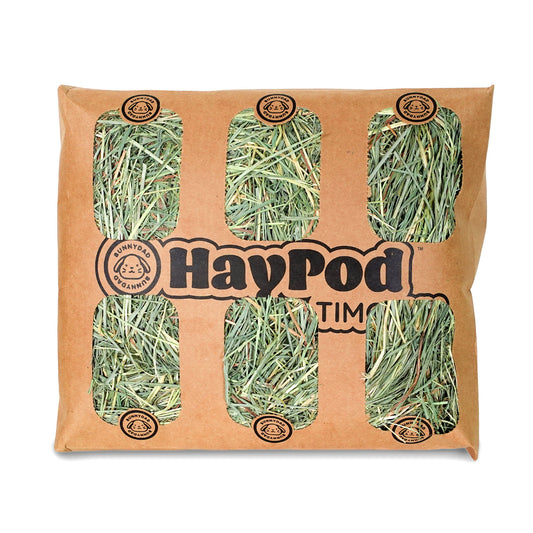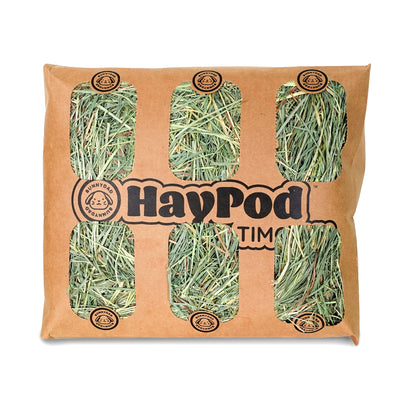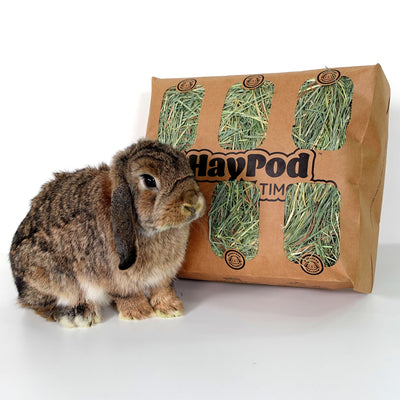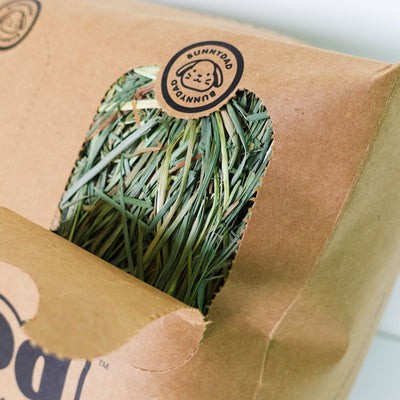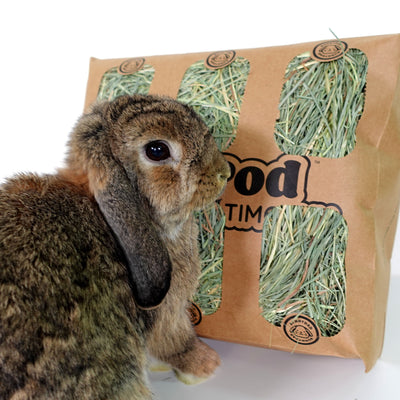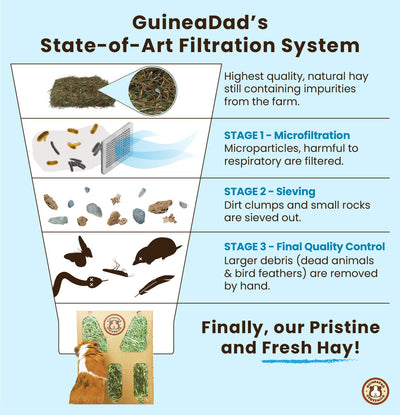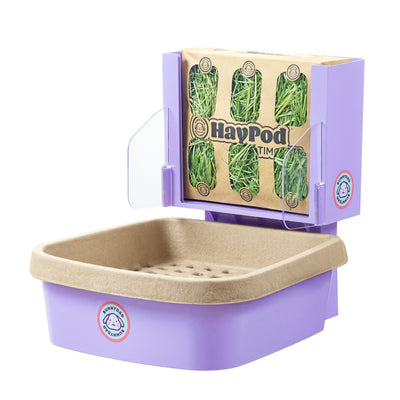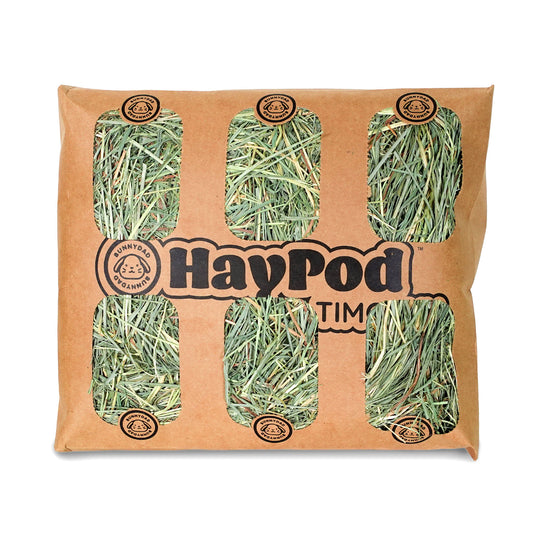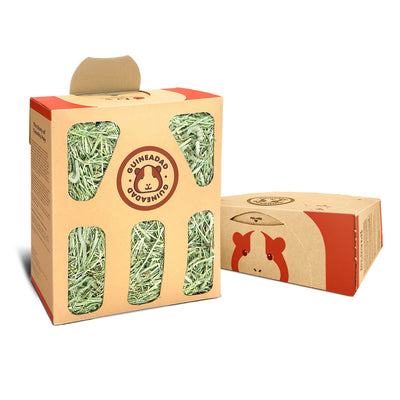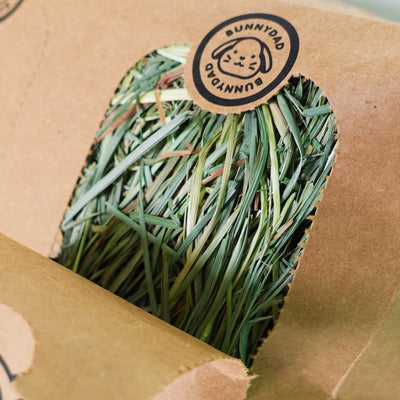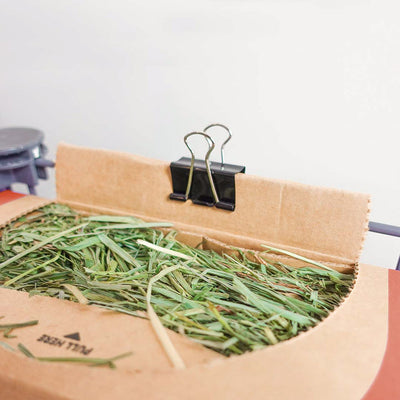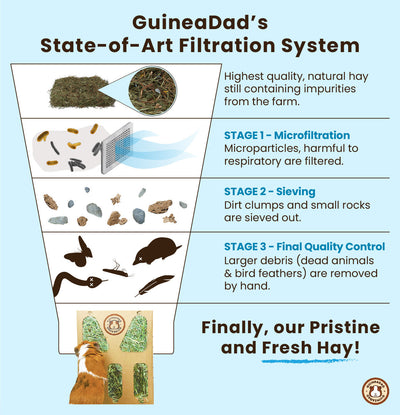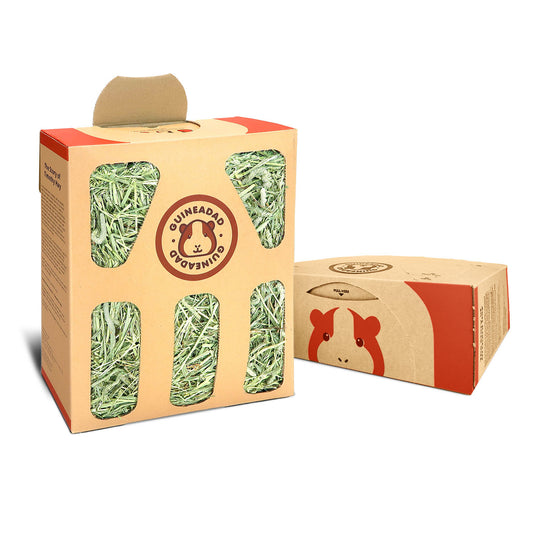Key Takeaways
- Blueberries Are Safe in Moderation: Rabbits can enjoy blueberries as an occasional treat, but due to their high sugar content, it's best to limit intake to 1-2 tablespoons of fruit per day.
- Nutritional Benefits: Blueberries provide antioxidants and vitamins that can be beneficial for rabbits when given appropriately.
- Proper Preparation: Always wash blueberries thoroughly to remove any pesticides or chemicals before offering them to your rabbit.
-
Monitor for Digestive Issues: After introducing blueberries, observe your rabbit for any signs of digestive discomfort or changes in stool, adjusting their diet as necessary.
As responsible pet owners, we know how important it is to provide our bunnies with a balanced diet of hay and leafy green vegetables.
While a large portion of a healthy rabbit diet should consist of hay, vegetables, and possibly some rabbit food pellets, offering them occasional treats like fruits can be a delightful way to bond with your furry friend, while providing some valuable vitamins and antioxidants.
Blueberries are a popular fruit choice for humans, but “can rabbits have blueberries?” In this article, we will explore whether rabbits can eat blueberries and the nutritional benefits and considerations associated with including them in their diet.
So…
Can Rabbits Eat Blueberries?

Yes! In moderation, rabbits can safely eat blueberries. Blueberries are a tasty and nutritious treat for bunnies that can be a healthful occasional addition to their daily diets.
However, like all rabbit treats, blueberries should only be given sparingly and as part of a well-balanced diet. Here are some important factors to consider:
Portion Control: Blueberries are relatively high in natural sugars compared to other fruits, and excessive consumption can lead to digestive upset and obesity in rabbits. Limit the serving size to a few small berries at a time.
Freshness: Ensure that the blueberries you offer to your rabbit are fresh and free from any signs of mold or spoilage.
Wash Thoroughly: Rinse the blueberries thoroughly to remove any pesticides or contaminants before feeding them to your rabbit.
Are Blueberries Good for Bunnies?

Benefits of Blueberries for Rabbits

Blueberries, like many other fruits, offer several nutritional benefits:
- Vitamins: Blueberries are a good source of essential vitamins, particularly vitamin C, which is important for maintaining a rabbit's overall health. Vitamin C supports the immune system and aids in wound healing.
- Antioxidants: Blueberries are rich in antioxidants, such as anthocyanins, which can help protect your rabbit's cells from damage caused by free radicals.
- Fiber: Blueberries contain dietary fiber, which can aid in maintaining healthy digestion in rabbits. Fiber is essential for preventing gastrointestinal issues like hairballs and GI stasis.
- Hydration: Blueberries have a high water content, which can contribute to your rabbit's overall hydration levels. Proper hydration is vital for their well-being.
Concerns

While blueberries can be a nutritious addition to your rabbit's diet, there are a few important considerations to keep in mind:
- High Sugar Content: Blueberries contain natural sugars, so it's crucial to limit the amount you offer. Too many sugary fruits can lead to obesity and other health problems in rabbits.
- Variety is Key: Blueberries should be just one of many fruits and vegetables in your rabbit's diet. A varied diet ensures they receive a wide range of nutrients.
- Monitor Digestive Health: Some rabbits may be more sensitive to new foods. Monitor your rabbit's digestion after introducing blueberries to ensure they tolerate them well.
- Freshness Matters: Always provide fresh blueberries and remove any uneaten portions promptly to prevent spoilage.
- Thoroughly Washed: Whenever feeding your rabbit any kind of produce, it's of paramount importance that you thoroughly wash it to remove any dust or pesticide residue.
- Always Raw: You know this, I'm sure, but I'd feel like a bad bunny parent if I didn't frequently remind people that rabbits should only ever eat raw foods, as cooked food can seriously upset their digestive systems.
How Many Blueberries Can Rabbits Eat?
Rabbits can eat blueberries as an occasional treat. Due to the sugar content of most berries and other fruits, a maximum of only 1-2 tablespoons of fruit per day is recommended.
Blueberries offer valuable vitamins, antioxidants, and fiber, but their relatively high amount of fructose requires moderation. Providing a balanced diet of hay, fresh vegetables, and high-quality rabbit pellets should always be the priority for your bunny's health.
If you decide to introduce blueberries into your rabbit's diet, do so in small quantities and monitor their reaction to ensure they continue to thrive. Remember that every rabbit is unique, so it's essential to tailor their diet to their specific needs with guidance from a veterinarian if necessary.
For a longer list of fruits that rabbits can enjoy as occasional treats, keep reading for a list of some of our favorite fruity rabbit foods:
What Fruits Can Rabbits Eat?
Rabbits can enjoy a variety of fruits as an occasional treat, but it's essential to provide them in moderation due to their high sugar content. If you’re looking for some delightful rabbit treats, here are some of the best fruits for bunnies:
- Apples: Remove the seeds and core, as they can be harmful. Offer small slices or chunks as an occasional treat.
- Bananas: Bananas are a good source of potassium and can be given in small amounts as a treat. The high sugar content means moderation is key.
- Berries (Strawberries, Blueberries, Raspberries): Berries are rich in vitamins and antioxidants. Give them in moderation, as they are relatively high in natural sugars.
- Pears: Pears are a tasty and fibrous fruit that rabbits can enjoy in small quantities.
- Peaches: Remove the pit and give your rabbit small amounts of ripe peach as an occasional treat.
- Plums: Remove the pit and offer small, ripe plum pieces in moderation.
- Pineapple: Offer small, fresh pineapple chunks as an occasional treat. Pineapple is high in sugar, so limit the amount you give.
- Melons (Cantaloupe, Honeydew): Rabbits can enjoy small pieces of melon as a treat. These fruits are hydrating and relatively low in calories.
- Grapes: Grapes are a sweet treat, but they are high in sugar and should be given sparingly. You can cut them into halves or quarters for smaller portions.

Remember that fruits should only make up a small portion of your rabbit's diet, ideally no more than 1-2 tablespoons per day, depending on the size of your rabbit.
The majority of a healthy bunny diet should consist of hay, fresh leafy green vegetables, and high-quality rabbit pellets. Always introduce new foods gradually to ensure your rabbit's digestive system can tolerate them, and consult with a veterinarian for specific dietary recommendations for your pet.
To learn about some of the most common foods to avoid giving you're rabbit, check out our blog on Foods To Never Give Your Rabbit
Happy snacking, BunnyGang!
~ BunnyDad










